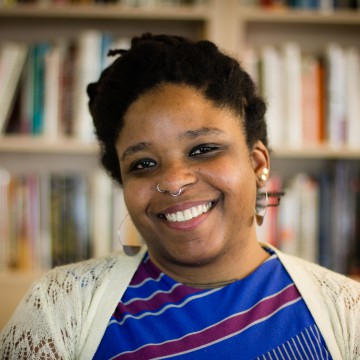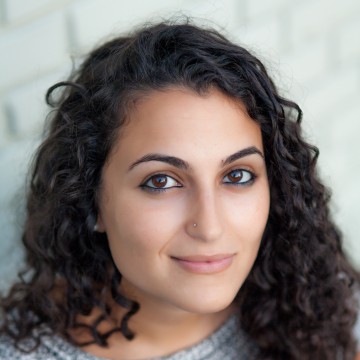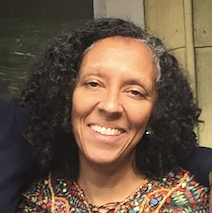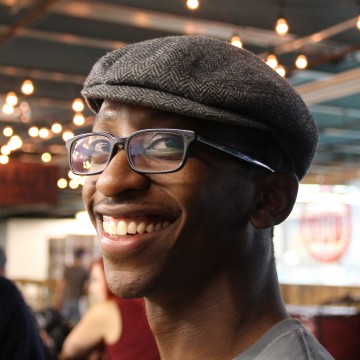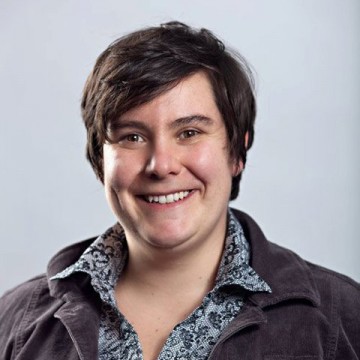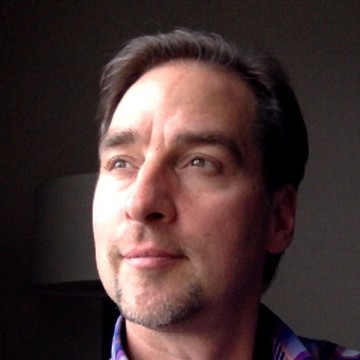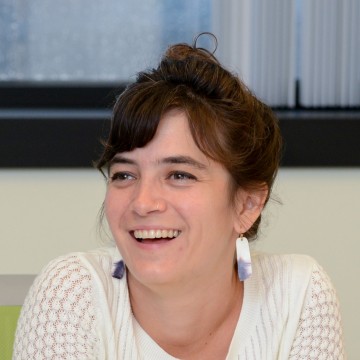Posted in Love
June 20, 2016
 Tonight there will be a full moon, that time every month when the sun, moon and earth are in complete alignment. It is also the summer solstice when the sun (from the perspective of the earth) is at its highest point in the earth’s northern hemisphere marking the longest number of daylight hours in the year and the official beginning of summer.
Tonight there will be a full moon, that time every month when the sun, moon and earth are in complete alignment. It is also the summer solstice when the sun (from the perspective of the earth) is at its highest point in the earth’s northern hemisphere marking the longest number of daylight hours in the year and the official beginning of summer.
According to many this will be the first time that these two astronomical events have coincided since June of 1967, during what was in the United States, the Summer of Love for many, and a summer of continued oppression for African Americans continuing the long struggle for Civil Rights, Justice, and Equality. Yesterday many of us celebrated Juneteenth, when we commemorate the day when the last enslaved Africans in the US finally received news of their freedom.
Read More
June 16, 2016
As I walked into the office on Monday morning – pit in my stomach, swollen eyes from too much crying, exhausted from a restless night – I wondered how we would process the horror that had happened in Orlando over the weekend. I knew we would; after all, this was an organization full of facilitators whose values statement and change lens both included the word love. But having joined barely two weeks prior, I didn’t know just how it would happen.
Our colleague leading the extended meeting scheduled for that morning made it clear from the start: today wasn’t business as usual. And, it wasn’t a day off either. It was a day to be together, to mourn, to process, to do some work, and to practice “community care instead of just self care.” Read More
May 26, 2016
Tonight, Cynthia Parker will present “Race Talk” at an intercultural dialogue co-hosted by Fire, Grace Chapel’s young adult ministry. Parker explores racism through key moments of personal and professional insight.
Thursday, May 26, 2016, 7:00 PM – 9:00 PM
Grace Chapel: 59 WORTHEN RD., LEXINGTON, MA US 02421
Courtyard Room, Main Building
“There are many useful guidelines for productive race talk,” Parker says, and many practical tips are included in the talk. Yet even with best practices, some moments of race talk do harm or feel unresolved. Parker shares her personal tips for connecting with her faith, and her faith in humanity, to continue moving forward with love.
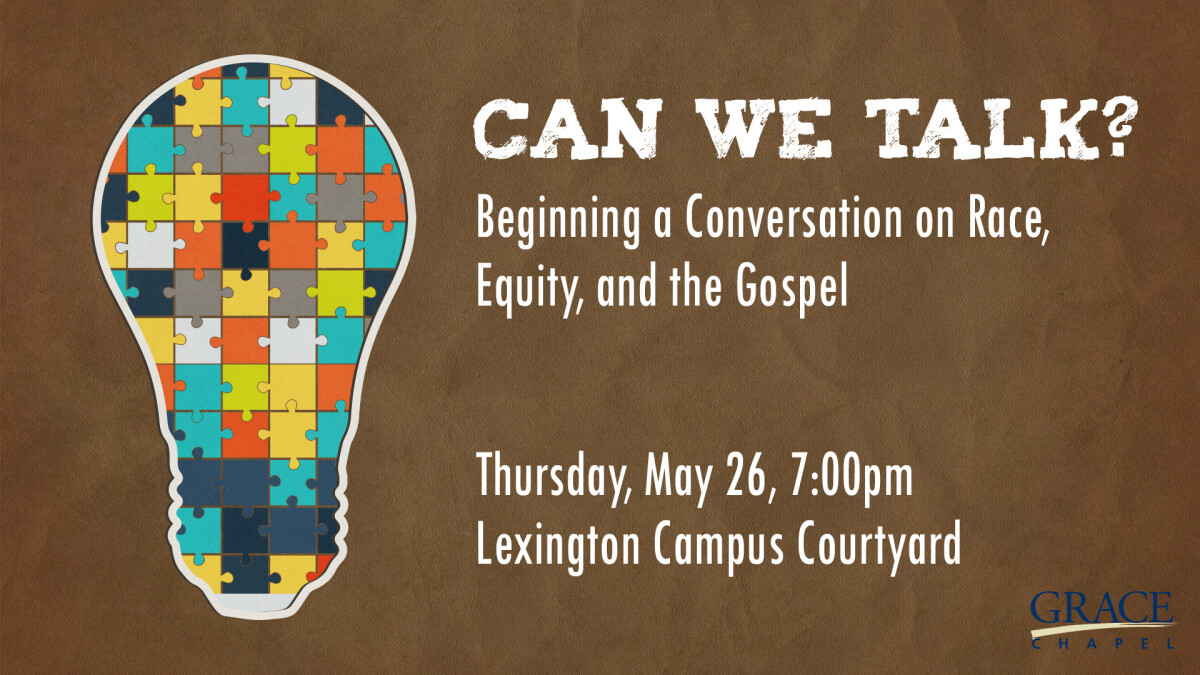
Read More
April 12, 2016
Start a Conversation
Remixers and meme-makers, we have a tool for you. We are pleased to be partnered with Center for Story-based Strategy in the release of an illustration kit: the4thbox.com
Imagery is a huge factor in framing the terms of a conversation. This kit is meant to inspire imagery that provokes new interactions between people. We believe these interactions will help open up imagination towards the liberated, equitable society we want.
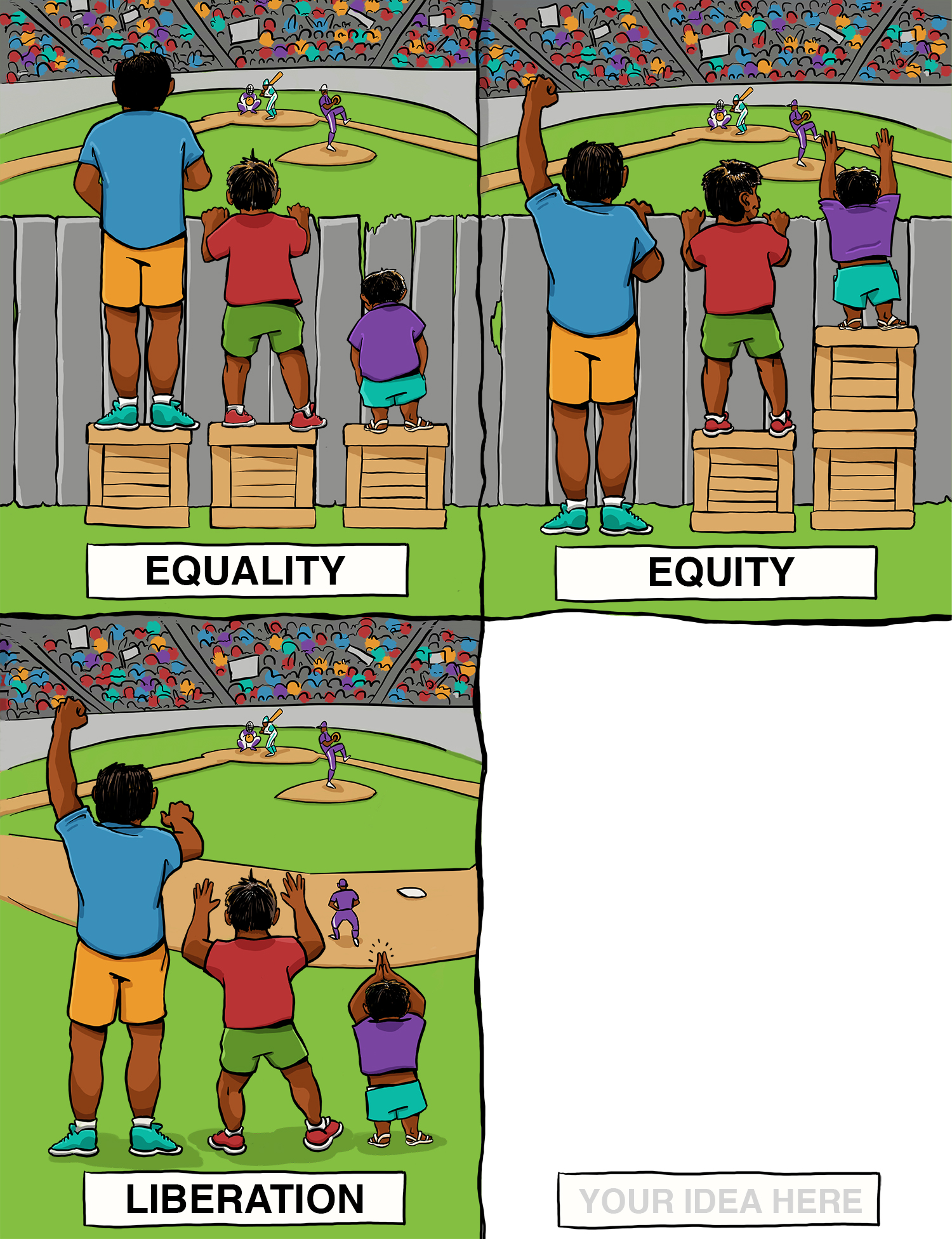
Artwork by Angus Maguire: http://beclouded.net/
Read More
April 6, 2016
“If you don’t know the kind of person I am
and I don’t know the kind of person you are
a pattern that others made may prevail in the world
and following the wrong god home we may miss our star.”
– William Stafford, From “A Ritual to Read to Each Another”
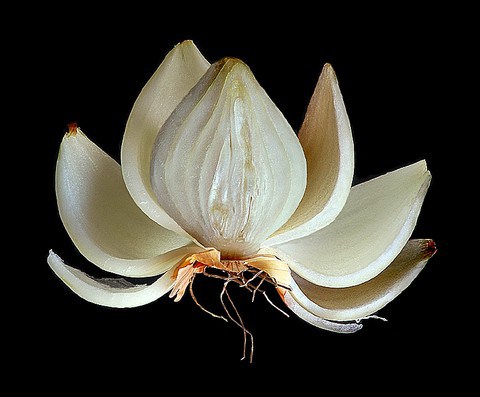
A couple of weeks ago I was a participant in a SSIR webinar on network leadership. I spent my air time talking about Food Solutions New England as an example of a social change network that has been leveraging authenticity, generosity and trust to address issues of racial inequity in the food system. In telling the story, I realized that much of it amounts to a gradual process of shedding layers and “making the invisible visible.” Specifically, it has been about making visible power and privilege, connection and disconnection, tacit knowledge and diverse ways of knowing, and complex system dynamics. As a result, many in the network sense we are now in a better position to build from what we have in common, and that it is more likely that the vision of a vibrant, equitable and eco-logical food system will be realized. Read More
February 4, 2016
“Grateful living brings in place of greed: sharing; in place of oppression: respect; in place of violence: peace. Who does not long for a world of sharing, mutual respect, and peace?”

The following is a slightly edited re-post from a couple of years ago. The impetus for both the re-posting and editing was a recent conversation on On Being with Brother David Steindl-Rast, Benedictine monk, writer/speaker on the topic of gratitude, and known for his participation in interfaith dialogue and his work on the interaction between spirituality and science.
In a recent interview with Brother David Steindl-Rast, On Being host Krista Tippett introduces the topic of gratitude, by saying that at times it can come across as fairly cerebral or precious without much gravitas. Case in point, writer Barbara Ehrenreich, approaches gratitude with considerable skepticism, seeing it as another “feel good” way to be self-satisfied and unconcerned with the world and people who are suffering and oppressed. Yet Brother David, who has lived through war, the end of an empire, and the fascist takeover of his country (Austria), teaches what he calls “gratefulness” as a deep and important spiritual practice.
Gratefulness in Brother David’s view and experience is not at all superficial, or a practice purely for the privileged. It allows for and leans into the very real anxieties of life, and when invoked in “full-bodied ways” can help prevent those anxieties from becoming disabling fear. Brother David acknowledges the tragedies and injustices of the world, while saying: Read More
December 11, 2015
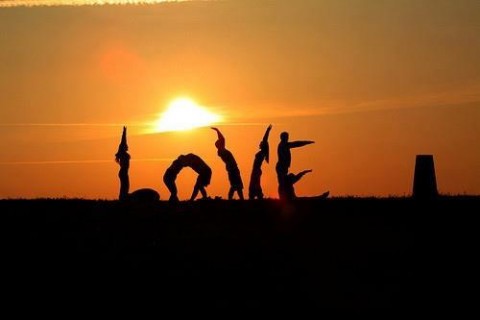
The following is Christine Capra’s thoughtful response to my post on “Deepening Network Practice for Social Change.” Christine is a self-described network mapper, weaver, and guardian with Greater Than the Sum. NOTE: Text that is bolded represents my additions and editorial changes to the original.
She writes:
I spend a lot of time pondering the above questions [see post] as well, and appreciate your thoughts here. It’s very helpful.
Re: ‘going beyond abstraction to interaction’, Yes! And even further than interaction – in the past year or so, I’ve developed a deep appreciation for something June Holley said to me awhile back – ‘I always say – start with micro-collaborations.’ Read More
September 18, 2015
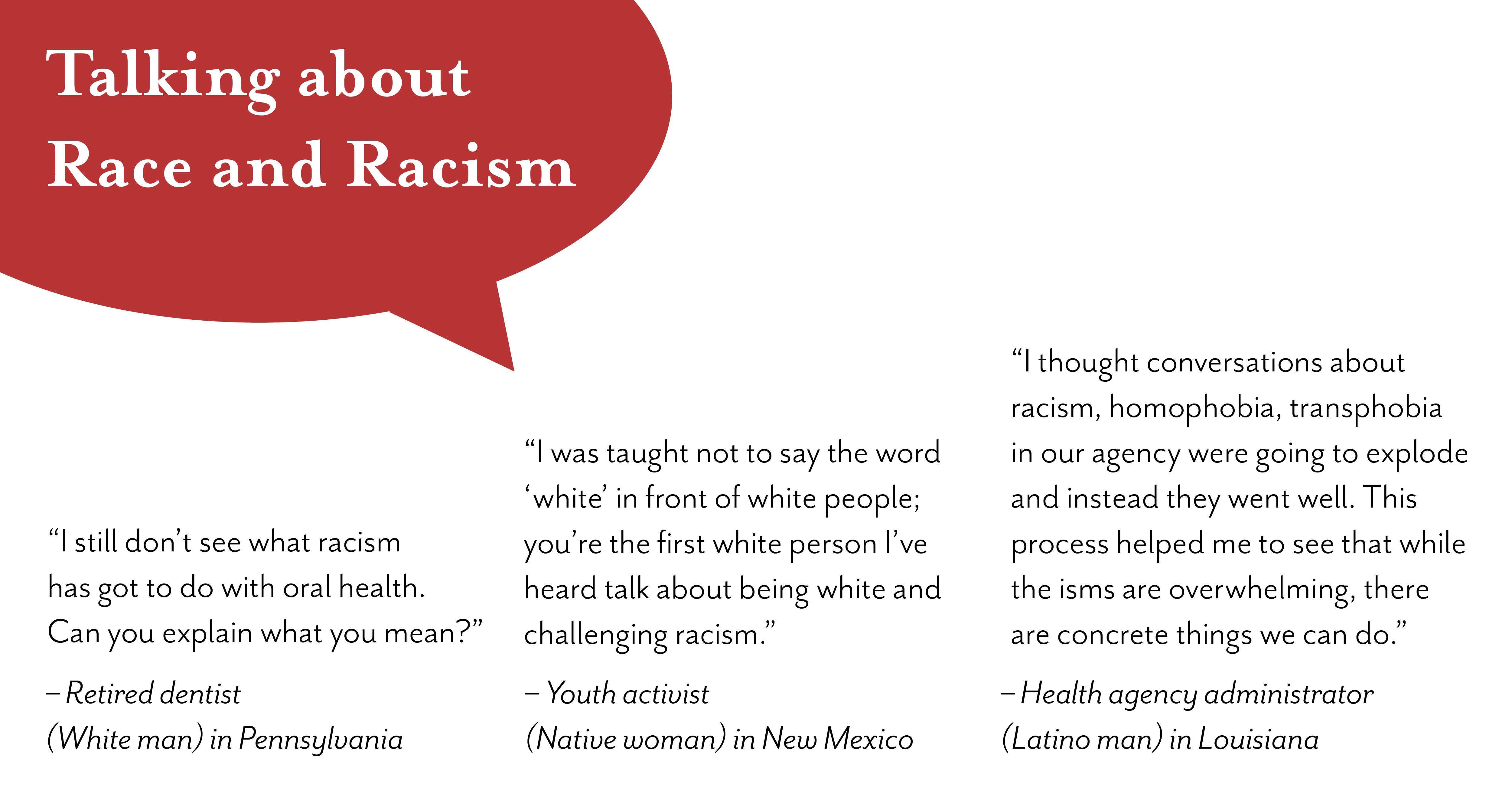
These three moments with these three individuals in recent months have stuck with me. Each of them is part of a multicultural group of folks working to integrate racial equity in their work – whether it be for youth in the juvenile justice system, for children and adults to get quality and affordable dental health care, or for people with HIV. They got me reflecting about what it takes to move racial equity work forward in multiracial, mostly white, collaboratives and institutions. And about how much I love the challenge of moving this work forward in settings where talking about race and racism is NOT the norm.
“I was taught not to say the word ‘white’ in front of white people; you’re the first white person I’ve heard talk about being white and challenging racism.”
— Youth activist (Native woman) in New Mexico
Read More
March 12, 2015
“We add value to society-at-large when we dare to connect.”

This week I was in a conversation with someone who asked me what the difference is between “networking” and “network building.” I’ve been asked this before, and certainly do not purport to have the right answer, but it became an opportunity to deepen the conversation that has been evolving in my work and head about what it means to develop potential through and in networks. Here is what popped to mind as a response, actually in the form of a series of questions
Are you thinking about others?
Read More
January 19, 2015
“Through our scientific and technological genius, we have made of this world a neighborhood and yet we have not had the ethical commitment to make of it a brotherhood. But somehow, and in some way, we have got to do this. we must all learn to live together as brothers or we will all perish together as fools. We are tied together in the single garment of destiny, caught in an inescapable network of mutuality. And whatever affects one directly affects all indirectly. For some strange reason I can never be what I ought to be until you are what you ought to be. And you can never be what you ought to be until I am what I ought to be.” – Dr. Martin Luther King, Jr. “Remaining Awake through a Great Revolution”
Recently I have been blown away by the ability of people, in the midst of racialized tension and harsh accusations, to move through insults and injuries, listen deeply to one another, account for the hurtful impacts of their behaviors, and recommit to a new level of partnership and trust. I have witnessed this kind of healing among a multiracial group of people including government employees and grassroots community leaders I am working with in a U.S. city. These folks are coming up against the same big barriers I believe all of us doing racial justice work are coming up against: people acting from unspoken and deep-seated sets of cultural values that are seemingly at odds and a lack of common language to understand how racism is playing out in our communities. Without addressing these barriers, it is too easy for us to take things personally, become defensive, and continue believing that folks who don’t think exactly like us are wrong or inferior. We can go along collaborating and making surface-level reforms, but I think it is time for us to do the deeper work.
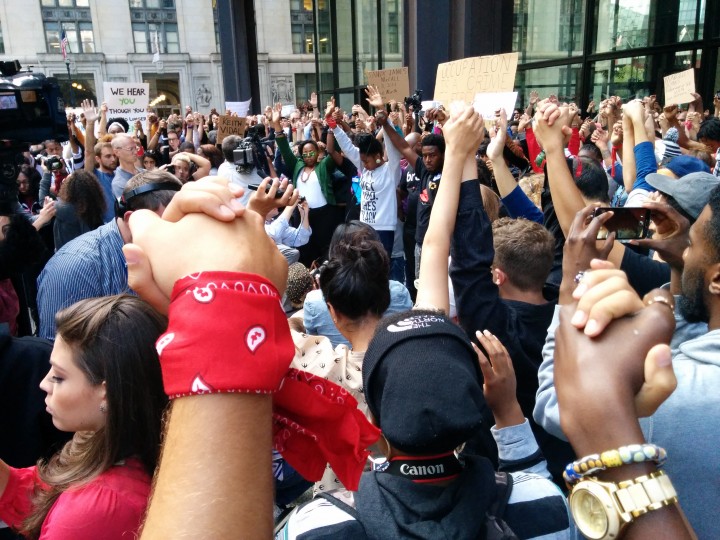
Image from TransformativeSpaces.org”On the Eve of Reclaim MLK” Read More
July 8, 2014
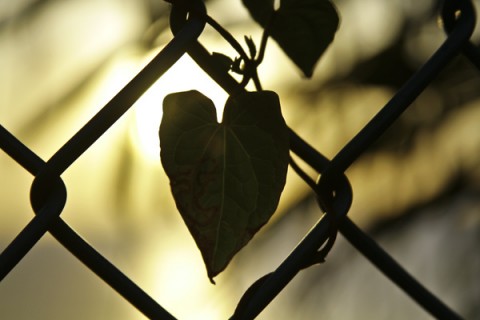
Photo by Leland Francisco
Over the past 8 years at IISC I have seen and experienced some interesting progressions. When I first joined the organization, in our Facilitative Leadership trainings, we talked about the “interior condition” of effective collaborative leaders. At the core we mentioned that these leaders and change agents embraced an ethic of “service, authenticity and respect.” Then we made the bold move of changing “respect,” which came across to many as a bit weak, to LOVE. For the first couple of years after making this switch, when I asked “What’s love got to do with it?” with respect to effective leadership and work for social change, there were often uncomfortable silences. Some participants would ultimately want to reframe love as “respect” or “passion.”
Then in 2009 I started noticing a change. More heads nodded in rooms when I mentioned the “L-word.” Less nervous laughter and shifting in seats. In one particularly striking instance, during a training with health care professionals in Maine, a senior and very respected physician responded,
“What’s love got to do with it? Everything! Beyond my technical skills, I am effective in so far as I am able to really see my patients, students, and colleagues, to make them feel seen for who they are.”
Read More
June 30, 2014
Dr. Martin Luther King, Jr. is what the Community Healing Network (CHN), chaired by the late Dr. Maya Angelou, calls a “psychological freedom fighter.” The clip of Dr. King posted here is a portion of his 1967 speech, “Where do we go from here,” which is well worth reading or listening to in full.
The CHN describes the straightforward and deeply challenging struggle of black people (and I think it’s fair to say all people of color in some way) for psychological freedom from racism. Read More
 Tonight there will be a full moon, that time every month when the sun, moon and earth are in complete alignment. It is also the summer solstice when the sun (from the perspective of the earth) is at its highest point in the earth’s northern hemisphere marking the longest number of daylight hours in the year and the official beginning of summer.
Tonight there will be a full moon, that time every month when the sun, moon and earth are in complete alignment. It is also the summer solstice when the sun (from the perspective of the earth) is at its highest point in the earth’s northern hemisphere marking the longest number of daylight hours in the year and the official beginning of summer.